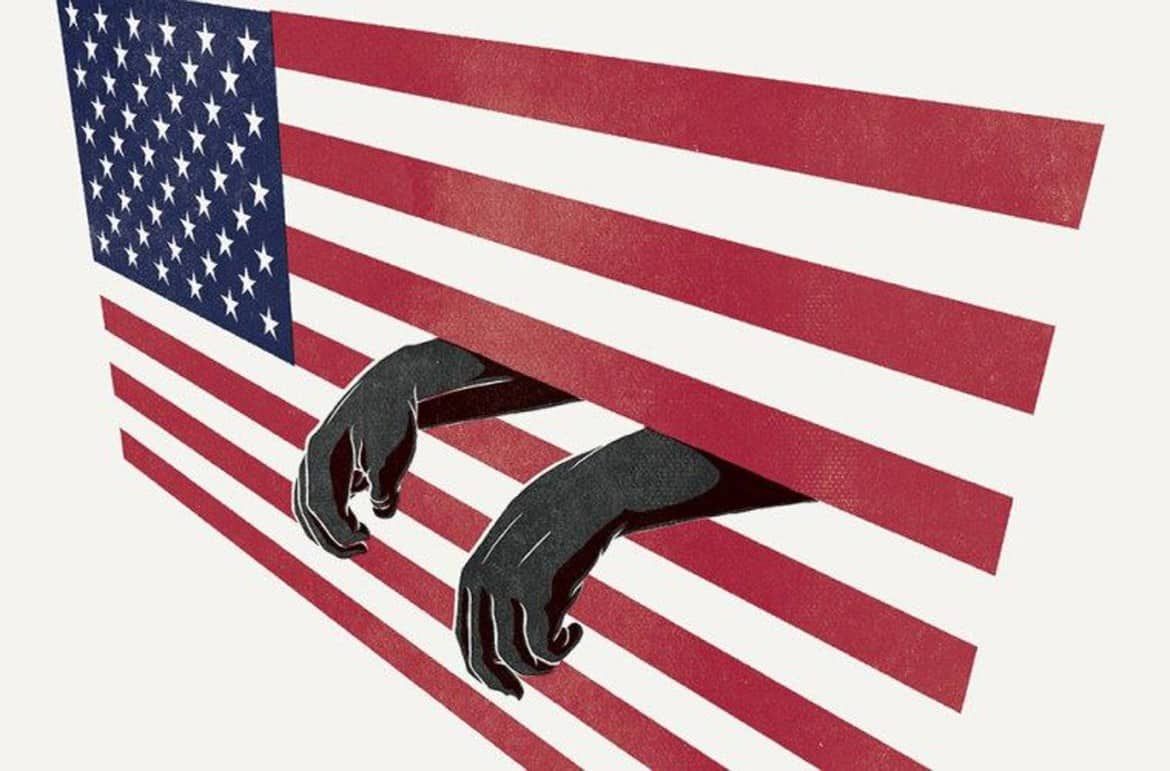The Era of Incarceration Expansion in the US Has Arrived
Policies of the new Presidential administration threatens to roll back decarceration efforts from the last decade

After nearly 20 years of policy aimed at reducing incarceration rates and finding community-based measures to address the failed criminal justice system in the United States, the policies of the new Presidential administration will thwart the gains made toward those efforts. Rather than decarcerate, new policies will accelerate mass incarceration, further dehumanize people in our criminal legal system, engage in a death penalty “killing spree,” and reverse many reforms gained over the last two decades.
These new "tough on crime" measures provide a two-fold danger. First, with respect to the federal system, the new administration will seek to double down on the failed policies of the past: encouraging brutal policing practices, pursuing extreme sentences, and expanding the use of the death penalty. Second, racist and extremist rhetoric may embolden states that have previously embraced reform to return to failed crime policies, fueling mass incarceration and widening racial inequality.
Though the Presidential administration has a singular impact on the federal carceral system, many of those policies will have a trickle-down effect in states, cities, and localities. State and local governments control most of the substantive parts of state criminal legal systems, including policing, prosecution, sentencing, and conditions in prisons and jails. Today, there are over 1.6 million people in state and local jails and prisons, compared to just over 200,000 in federal jails and prisons.
During the campaign, a prevailing message of the new administration's campaign was “there is no higher priority than quickly restoring law and order and public safety in America.” But, just as it was during President Richard Nixon’s 1968 campaign against the war on drugs, “law and order” under the current administration is a “shorthand message promising repression of the Black community.”
From mass deportation to harsher punishments for some crimes, this administration's policies rely on access to more prison and jail cells. In February, ICE (Immigration and Customs Enforcement) had to release some migrant detainees as its detention facilities reached 109% capacity.
In addition to increasing the number of people incarcerated through aggressive prosecution and harsher sentencing, the current administration promises to worsen conditions for incarcerated people. The Department of Justice's Civil Rights Division, which historically played a significant role in fighting dangerous, degrading, and often lethal conditions in state prisons and local jails, was ordered to freeze all current and new investigations as part of an executive order.
You can read more about the detrimental impact these policy changes will have on decarceration effects in "How Trump Is Trying to Expand the Already Colossal U.S. Prison System" at the Marshall Project. The Marshall Project is a nonpartisan, nonprofit news organization that seeks to create and sustain a sense of national urgency about the U.S. criminal justice system.










